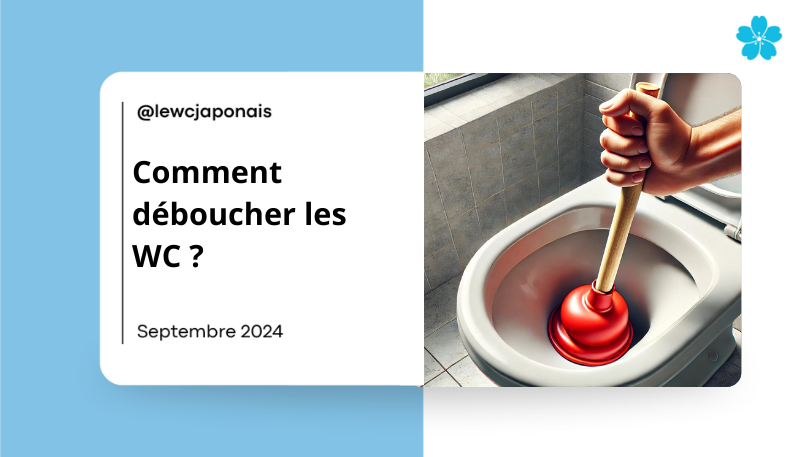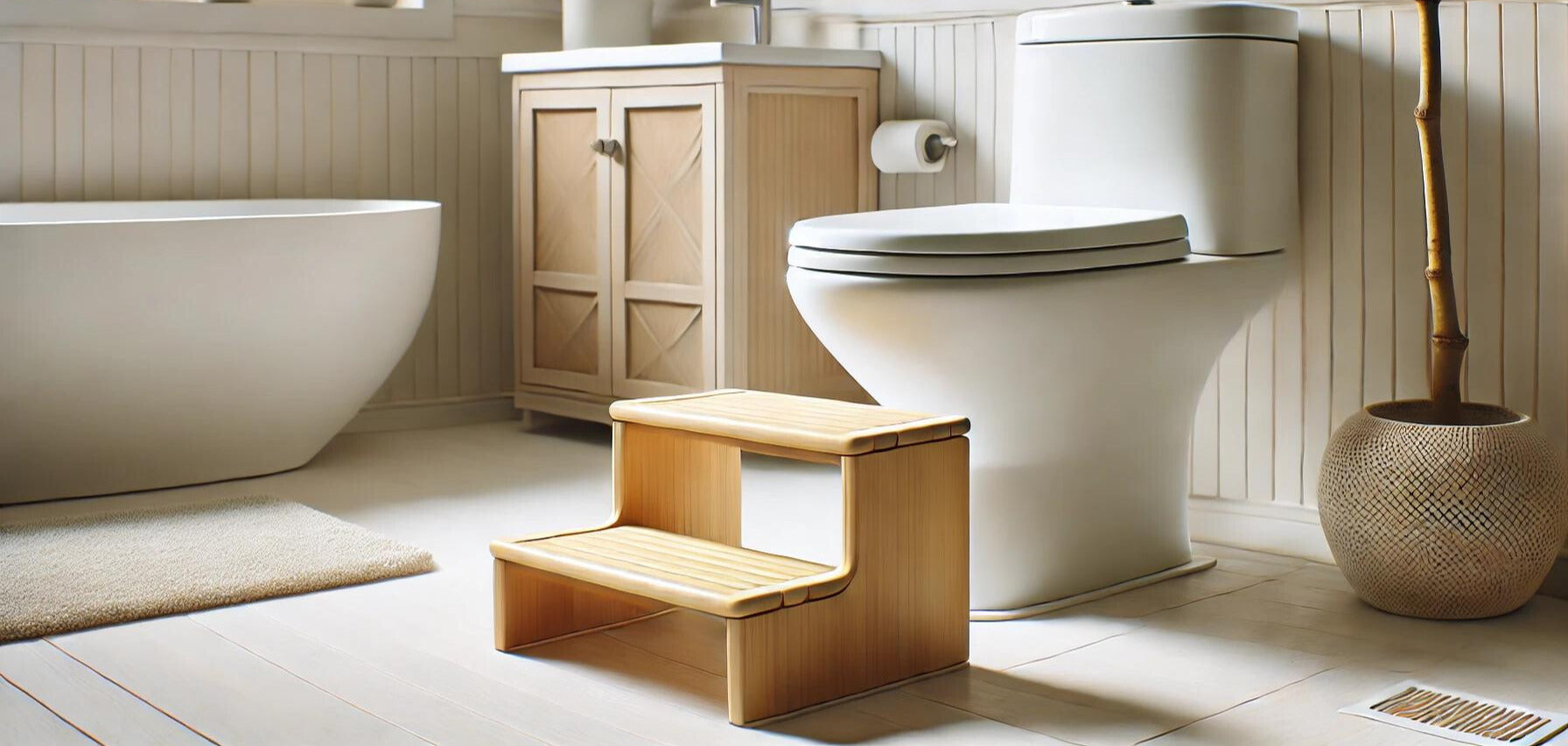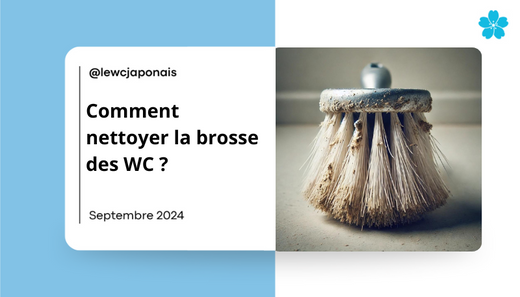
How to unclog a toilet? Top 20 tips
Clogged toilets are the kind of problem we would like to avoid… but which often happens at the worst possible time! Fortunately, before you consider calling the plumber or getting out your credit card, there are several simple and effective methods to help you get out of it on your own. Whether you use natural products or specific tools , this guide will give you all the tips to get your toilet back in working order.
Toilet unblocking products
Baking soda and white vinegar
The famous duo that we find in all the home tips! Baking soda and white vinegar create an effervescent reaction that helps dissolve the plugs . To use it, pour half a cup of baking soda directly into the toilet bowl, then add half a cup of white vinegar. Leave it to act for about thirty minutes, the time for the mixture to attack the residue, then rinse with hot water. An ecological and economical solution that has already saved many situations!
Soda crystals and white vinegar
More powerful than simple bicarbonate, soda crystals are very effective against stubborn plugs . Mix half a cup of soda crystals with half a cup of white vinegar, and pour it all into the toilet. Leave it to act for about fifteen minutes before rinsing with hot water. Be careful, soda crystals are a little more aggressive : remember to ventilate the room well and protect your hands.
Dishwashing liquid

This may come as a surprise, but dish soap is a great lubricant . Pour a generous amount of dish soap into the toilet bowl, let it sit for a few minutes, then pour in hot water (but not boiling water to avoid cracking the porcelain). The dish soap will help dislodge the clog by lubricating the walls, making it easier to clear.
Boiling water
Boiling water is a simple but often effective solution for light blockages . Heat some water (without boiling it too much so as not to damage the bowl), then pour it slowly into the toilet. The heat will help dissolve the blockage . Repeat the operation if necessary, but be careful: if your pipes are fragile, prefer hot water, but not boiling.
Coca-Cola
Yes, Coca-Cola is not only good to accompany a pizza! Thanks to its acidity , it can also dissolve small blockages. Pour a large bottle of Coke into the toilet bowl and let it sit overnight. The next morning, flush the toilet. This method is not the most powerful, but it can be useful for small blockages.
Hydrochloric acid

Hydrochloric acid is a radical solution for stubborn blockages. However, use it with the utmost caution! Pour a small amount of acid into the toilet, wait 15 minutes, then flush. Be careful, always wear gloves and open the windows wide, because this product is very corrosive and releases toxic fumes.
Enzymes
Enzymes are often sold in powder or gel form, and are great for dissolving organic matter . They work by “eating” organic residue and can be an environmentally friendly and safe solution for your drains.
Baking powder
Lesser known, baking powder can also help. Mix half a cup of baking powder with half a cup of vinegar and pour it down the toilet. Let it sit for a few hours (or overnight), then flush with warm water. The foamy mixture can help dissolve small clogs.
Chemical drain cleaners
Chemical drain cleaners are often a last resort. They are very effective, but be careful: their repeated use can damage pipes and pollute the environment. Opt for this solution if all other methods have not worked.
Unblocking the toilet with accessories
The suction cup
The plunger is one of the most commonly used tools. Place it over the toilet opening and pump vigorously. The suction effect helps dislodge the clog and restores water flow . It's a must-have at home!
The plumber's ferret
The snake is a flexible metal cable that is inserted into the pipes to reach deeper into the blockages . Turn the crank to push and break up the blockage. Perfect for blockages located deep in the pipes.
Use a bottle
Cut the bottom off a plastic bottle and place it, neck side up, in the bowl. Use the bottle as a suction cup, moving it back and forth. The pressure created may be enough to dislodge the cork.
The hanger
Straighten a wire coat hanger to create a long hook. Insert it into the toilet and try to dislodge the clog by pushing or pulling it. Great for stuck objects.
The pump unblocker
Resembling a large syringe , the pump unblocker is more powerful than a traditional plunger. By pumping, it creates a strong pressure that can clear the toughest blockages.
The high pressure cleaner
A pressure washer with a special drain attachment can dislodge deep blockages using the power of water. It's an effective solution, but use with caution to avoid damaging your pipes.
Plastic film

Cover the toilet bowl tightly with plastic wrap , then flush the toilet. The plastic will expand under the pressure of the water. Press gently to force the plastic back down. This squeezing motion can help unclog the drain.
The Spanish Broom
Wrap a plastic bag around the head of a Spanish broom and use it as a suction cup. Push and pull to create suction that can dislodge the clog.
The wet-dry vacuum cleaner
If you have a vacuum cleaner that can suck up liquids, you can use it to suck out the clog. Create a seal around the vacuum hose and turn it on. Be careful, this method can be messy!
How to prevent clogs in your toilet?
Opt for a Japanese toilet
Japanese toilets , with their integrated flushing system, help reduce the use of toilet paper. Less paper means less risk of blockages! In addition, this type of toilet offers increased comfort and more hygienic cleaning.
Pipeline maintenance
Regularly pour white vinegar and hot water into your toilet to dissolve residue before it turns into clogs.
Septic tank maintenance
If you have a septic tank , remember to have it maintained regularly to avoid any overflow or blockage in the pipes.
Be careful what you flush down your toilet
Wipes , sanitary napkins and even some types of paper can cause major blockages. Only use your toilet for what is meant to go there: regular paper and nothing more!
Also be careful to warn your children not to throw inappropriate objects such as their toys into the toilet.
When to call a professional?
If despite your best efforts, the water still refuses to drain properly, it may be time to call a professional . A plumber will be able to use specialized tools and diagnose the problem to prevent it from happening again.



